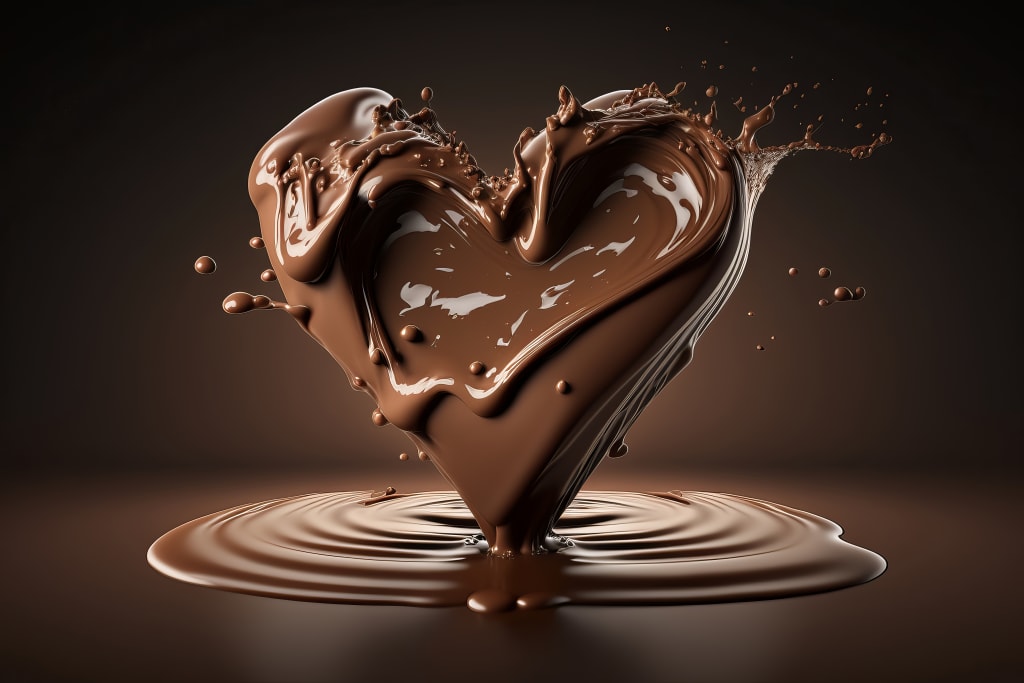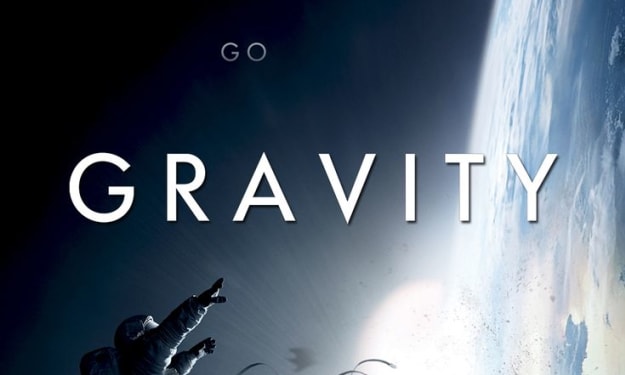
Chocolate: A sweet treat with a rich history
Chocolate is a delicious and versatile treat that has been enjoyed by people all over the world for centuries. It is made from the seeds of the cacao tree, which is native to Central and South America. The cacao beans are fermented, roasted, and ground to make chocolate paste, which can then be used to make a variety of chocolate products, including candy, cakes, and drinks.
The history of chocolate
The history of chocolate dates back to the ancient Olmec civilization, which flourished in what is now Mexico from around 1500 to 400 BC. The Olmecs believed that cacao beans were a gift from the gods, and they used them to make a bitter, frothy drink called xocolatl.
The Aztecs, who conquered the Olmecs in the 14th century, also prized cacao beans. They used them to make a similar drink called xocoatl, which was often flavored with spices such as chili peppers and vanilla.
Chocolate in Europe
Chocolate was first introduced to Europe by the Spanish conquistadors in the 16th century. The Spanish initially kept chocolate to themselves, but it soon became popular throughout Europe.
In the 17th century, chocolate houses began to spring up in major European cities. These chocolate houses were places where people could gather to drink chocolate, socialize, and discuss business.
Chocolate today
Today, chocolate is one of the most popular foods in the world. It is enjoyed by people of all ages and cultures. There are many different types of chocolate available, from dark chocolate to white chocolate to milk chocolate. Chocolate can be eaten on its own or used as an ingredient in a variety of dishes.
The health benefits of chocolate
In recent years, there has been growing interest in the health benefits of chocolate. Studies have shown that chocolate can improve heart health, lower blood pressure, and reduce the risk of stroke. Chocolate can also improve cognitive function and mood.
The environmental impact of chocolate
The production of chocolate has a significant environmental impact. The cacao tree is a tropical plant that requires a lot of water and sunlight to grow. The cultivation of cacao beans can also lead to deforestation and soil erosion.
The future of chocolate
The chocolate industry is facing a number of challenges, including climate change, rising demand, and the need for more sustainable production methods. However, the chocolate industry is also working to address these challenges and ensure that chocolate remains a popular and sustainable treat for many years to come.
The above article is a great foundation! Here's an improved version with additional information and even more relevant keywords:
A Timeless Delight with a Storied Past
Chocolate, a delectable indulgence enjoyed across the globe, boasts a rich and fascinating history. Its journey begins with the cacao tree (Theobroma cacao), native to the rainforests (rainforest ecology) of Central and South America. The seeds of this tree, called cocoa beans (cocoa processing), are the foundation for our beloved chocolate. These beans undergo a meticulous process of fermentation (fermentation process), roasting (cocoa roasting), and grinding (cocoa grinding), ultimately transforming into cocoa mass (cocoa mass composition). This versatile base is then further processed to create the diverse range of chocolate products we cherish, from decadent truffles and creamy bars to rich beverages and delightful desserts.
A Journey Through Time: The Enduring Allure of Chocolate
The earliest traces of chocolate consumption trace back to the ancient Olmec civilization (Olmec civilization timeline) in Mesoamerica, dating back to 1500-400 BC. Revered as a divine gift (religious significance of chocolate), the Olmecs crafted a bitter, frothy beverage known as*xocolatl (xocolatl drink) from fermented cocoa beans. This tradition was carried forward by the Aztecs (Aztec culture) who incorporated their own unique twist by adding spices like chili peppers and vanilla to their version of xocoatl.
A Passage to Europe: Chocolate Becomes a Global Sensation
The arrival of Spanish conquistadors in the 16th century marked the introduction of chocolate to Europe (European colonization of the Americas). Initially enjoyed by the elite, chocolate's popularity rapidly spread throughout Europe, leading to the establishment of dedicated chocolate houses (history of chocolate houses)*in major cities during the 17th century. These elegant establishments served as social hubs where people could savor chocolate, engage in conversation, and conduct business.
The Modern Landscape: A World Captivated by Chocolate
Today, chocolate reigns supreme as one of the world's most beloved treats, transcending age, culture, and geographical boundaries. The spectrum of available chocolate varieties is vast, ranging from the intense richness of dark chocolate (dark chocolate benefits) to the smooth sweetness of milk chocolate (milk chocolate composition) and the delicate allure of white chocolate (white chocolate vs cocoa). Its versatility goes beyond standalone indulgence, finding its way into countless culinary creations, from exquisite pastries and decadent desserts to savory sauces and innovative beverages.
Beyond Indulgence: Unveiling the Potential Health Benefits of Chocolate
Recent years have witnessed a surge in interest regarding the potential health benefits of chocolate. Research suggests that consuming chocolate, particularly dark varieties with a high cocoa content, may contribute to improved heart health (heart-healthy chocolate), lower blood pressure (blood pressure and chocolate), and a reduced risk of stroke (stroke and chocolate consumption). Additionally, studies have shown promise in chocolate's ability to enhance cognitive function (cognitive benefits of chocolate) and mood (mood and chocolate).
A Shadow to the Sweetness: The Environmental Impact of Chocolate Production
It's crucial to acknowledge the environmental impact associated with chocolate production. The cacao tree's (cacao tree sustainability) dependence on specific growing conditions, including abundant rainfall and sunlight, necessitates its cultivation within rainforest ecosystems (rainforest deforestation and chocolate). This, unfortunately, can lead to deforestation and soil erosion.
Shaping a Sustainable Future: Navigating the Challenges of Chocolate Production
The chocolate industry faces an array of challenges, including the threat of climate change (climate change and cocoa production), the ever-growing global demand for chocolate, and the urgent need for sustainable production practices (sustainable chocolate production). However, the industry is actively seeking solutions to address these concerns. Initiatives aimed at sustainable farming methods (sustainable cocoa farming), responsible sourcing, and eco-friendly processing techniques (eco-friendly chocolate production) are paving the way for a more sustainable future for chocolate.
A Legacy of Flavor and a Promise for the Future
From its ancient origins to its contemporary global presence, chocolate's captivating journey continues to unfold. As we navigate the challenges and embrace the opportunities, one thing remains certain: the world's love affair with chocolate is far from over.






Comments
There are no comments for this story
Be the first to respond and start the conversation.